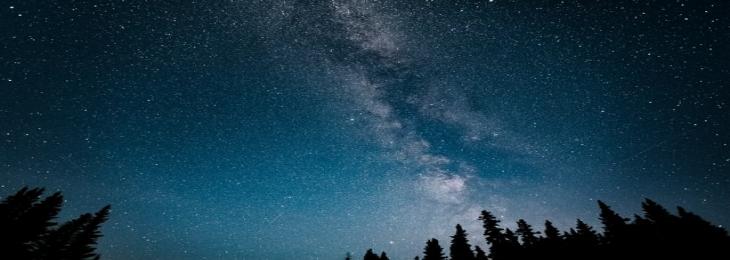Mar, 2021 - By WMR

In a recent paper published to the arXiv preprint database, astrophysicist, Pekka Janhunen, envisions mega satellites composed of multiple cylindrical spacecraft orbiting Ceres.
When it comes to finding a new habitat for humans, Mars is an obvious contender owing to its close proximity to the Earth, carbon dioxide rich atmosphere, and 24-hour day/night cycle. However, colonizing any planet seems more trouble than it is worth. In a paper authored by Finland based astrophysicist, Pekka Janhunen, an interesting proposal has been put forth; Forget Mars, and build a massive floating habitat around Ceres. Janhunen describes thousands of cylindrical spaceships linked together and locked inside a frame shaped like a disk orbiting Ceres, a dwarf planet located in the asteroid belt between Mars and Jupiter. Each spacecraft would lodge around 50,000 people, and also support a synthetic atmosphere, and the cylindrical object could produce gravity akin to Earth’s aided by the centrifugal force of its own rotation.
The average distance between Earth and Ceres is similar to that of Mars, according to Janhunen, which makes it relatively easy to travel to. Moreover, the dwarf planet is rich in nitrogen which is necessary for the development of an atmosphere conducive for a human settlement, as the atmosphere on Earth is composed of around 79% nitrogen. The area constraints which would arise from building a colony on the surface of Ceres, which is 1/13th of Earth’s radius, can also be overcome by transferring raw material to the floating settlements by the means of space elevators.
Janhunen also discusses health concerns resulting from the low gravity on Mars, such as defects in the development of muscles and bones. In the proposal Janhunen explains that each spacecraft would generate its own gravity through rotation. Each cylindrical object will be around 10 kilometers in length, have a radius of about 1 kilometer, and will need 66 seconds to complete one full rotation and generate gravity akin to that of Earth’s.

We will be happy to help you find what you need. Please call us or write to us: